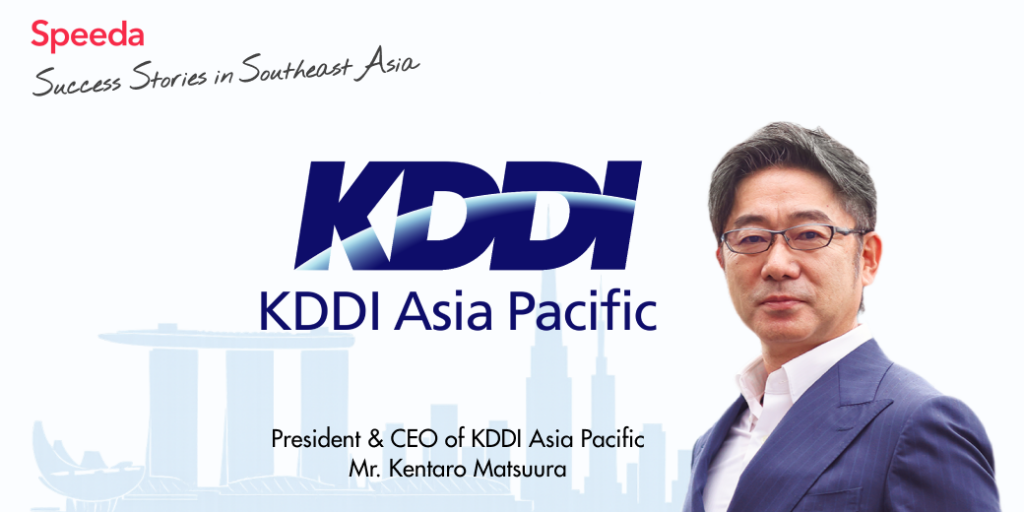Resource Center
Data-Driven Private Equity Approaches in ASEAN’s Growth Landscape

Summary
Explore Southeast Asia’s private equity landscape, highlighting emerging markets, strategic investment processes, detailed due diligence.
Southeast Asia’s PE Landscape: Navigating Opportunities Amidst Economic Shifts
Within the heart of Southeast Asia, private equity firms are identifying promising avenues in countries like Singapore, Indonesia, and Vietnam — hotspots of growth where an emergent middle class, a growing consumer base, and innovative digital progress bring attention from investors.
Despite global economic pressures and shrinking finance options, the ASEAN market is rich with opportunities for Private Equity (PE) investors eager to exploit regional dynamism. Investors anticipate a rise in deal activities within the mid-market bracket as they proceed with increased caution amidst rising economic challenges and limited access to deal financing.
Industry sectors, such as Technology, Media, and Telecom, together with Business and Financial Services and the fields of Pharmaceuticals, Medical, and Biotech, are expected to remain fertile ground for innovation, enticing PE funding. Digital transformation has advanced not only in Southeast Asia but also across the entire global market, generating new technological demands from consumers for things like cybersecurity enhancements or advancements in the digital payments space. PE firms seek opportunities in these sectors’ swift expansion and consumer adoption of technology.
However, successfully engaging with individual geographical markets that vary, each with its own unique cultural and regulatory conditions, demands more than just a basic insight. Thus, the process of Identifying, evaluating and executing the deals in private equity demands a thorough understanding of the market, sustained by data-driven research.
Private Equity Playbook: Strategic Identification and In-Depth Evaluation
Private equity dealmakers can ensure insightful investment choices by carefully following a structured investment acquisition process. This process is typically divided into two primary stages: Identification and Evaluation.
Stage Ⅰ. : Identification Stage
In the Identification stage, investors establish a solid base to source potential investments. This market approach stage is built upon three main pillars:
Market Analysis
Researchers scrutinise the macroeconomic factors that shape the industry to understand the market’s potential for investment. Assessing market trends, growth trajectories, and identifying key financial players can provide the necessary insights to evaluate and assess investment opportunities. This analysis can be achieved by reviewing market reports from a variety of sources or by tapping into an expert network to gather pertinent information from industry specialists.
Deal Sourcing
This process is critical in identifying potential investment opportunities. Private equity funds look into the market to find suitable target companies, during the Target Screening stage which lays the groundwork for in-depth analysis. The research can commence by examining companies with specific traits that the firm is keen to invest in or by investigating players in sectors identified as attractive and promising for investment.
Companies can be identified by looking into the company size, profitable requirements, shareholding preferences, transaction structure preference and requirements from the management and operational side.
Peer Comparison
Analysts conduct a thorough analysis of a company’s growth potential in its competitive setting. Comparing the company’s performance to that of its peers can reveal insights into lucrative opportunities and the investment’s future value.
Once research has been completed and the potential companies are listed, information can be compiled into a pitchbook which also includes the profile of the candidates and the industry information.
Stage Ⅰ. :Evaluation Stage
After the Identification Stage, the Evaluation Stage involves a more analytical approach to confirm the viability of the potential investment.
Valuation
Following the peer comparison process, researchers delve into historical M&A data and financial metrics of the target and its peers, to determine how much the target company is worth. The process ensures that the valuation is fair and appropriate in the market.
Due Diligence
The detailed examination during due diligence includes the financial, legal, and operational aspects of the target company. This thorough process is designed to validate the company’s valuation, evaluate the quality of earnings, and reveal any hidden risks or opportunities that could influence the investment’s return potential. Understanding the company’s position in the competitive landscape is also a vital part of the process. Analysts look closely at the business operations and strategic positioning to find insights that highlight strengths, weaknesses, and areas for potential growth.
Private equity research analysts use a variety of research methods to discern the true value of potential investments. By examining metrics such as revenue growth, market share, company size, and technological prowess, they form an informed view of the investment’s possibilities.
Private Equity’s Deep Dive: The Intensifying Scope of Due Diligence
Due diligence serves as one of the foundational elements of the investment evaluation process, as a comprehensive examination that brings to light crucial aspects of a potential acquisition. It expands beyond traditional fiscal examination; investigating a company’s operational dynamics, fiscal performance, and strategic initiatives for the future, which will provide investors with a complete picture of the enterprise.
Examining the target company’s financial records, legal documents, management, and operations reveals the true value of the deal, along with any risks or hidden liabilities, before making a decision.
The purpose extends beyond spotting warning signals; it also encompasses the identification of growth prospects that can be capitalised on after the acquisition. The wealth of information obtained sets dealmakers up with the knowledge to make their decision to proceed or not.
Amidst the current demanding market conditions, the due diligence process for Private Equities is getting more complex. Investors are determined to conduct due diligence deeper, using more detailed criteria to predict the performance of the investment. Environmental, Social, and Governance (ESG) elements have also taken on greater significance in the due diligence orbit, extending the duration due to the enhanced focus they require.
This in-depth evaluation involves a detailed review of financial documents—examining balance sheets, profit and loss accounts, cash flow statements, and liabilities. These financial documents act as indicators of the company’s financial health, earning power, and expansion capacity—all critical in assessing the investment’s worth.
Analysis of operational and management effectiveness is also critical. Analysts examine the durability of business models, the mechanisms for income generation, and supply chain operations. The findings here offer clarity on the company’s operational risks and growth possibilities, sketching a comprehensive view of its future direction.
The process often extends to evaluating the company’s leadership quality, workplace culture, and the robustness of its technological framework, verifying that both human and technological resources are poised for scaling up.
Legal due diligence is crucial as well, involving a thorough inspection for any potential legal issues, intellectual property disputes, and compliance with regulations. This phase is intended to ensure there are no legal complexities that could obstruct future progress or draw investors into unwanted legal situations.Given that the due diligence stage now requires detailed and extensive information, the incorporation of technological tools to obtain key financials and insights into stakeholders proves advantageous. Database platforms such as Speeda can speed up the process of conducting due diligence by providing company information and collecting authenticated financial statements on the company’s behalf.
Gaining a Competitive Edge in Private Equity Through Tailored ASEAN Market Intelligence
Comprehending the macroeconomic conditions, pinpointing market evolutions, and spotlighting essential industry leaders are foundational for top-tier private equity research and crafting strategic approaches. These facets are fundamental components of the comprehensive analysis framework.
Wading through the profound array of data and evaluating from various vantage points can be a substantial undertaking. Modern database platform tools provide essential high-quality data, streamlining the research process, and accelerate the decision-making process.
Researchers endeavour to paint a detailed picture of potential investments. Integrating insights from diverse data streams is critical to constructing a well-rounded perspective on investment possibilities.
For private equity firms focusing on specific regions, dedicated information platforms with extensive coverage, especially of local mid-tier private companies enriched with essential financial details and transaction histories, are vital for gathering insights to inform the acquisition strategy.The Market Intelligence platform Speeda, which specialises in the Southeast Asia region where data collection can be challenging, provides extensive data on both public and private companies. Enhanced with over 3,000 proprietary reports from regional analysts with insights into the market’s unique trend, value chain, key players and regulatory signatures from broad to niche markets.
We invite you to take advantage of a free trial to gain full access to all content and features. Explore our database to discover how it can transform and enhance your research endeavours.




























